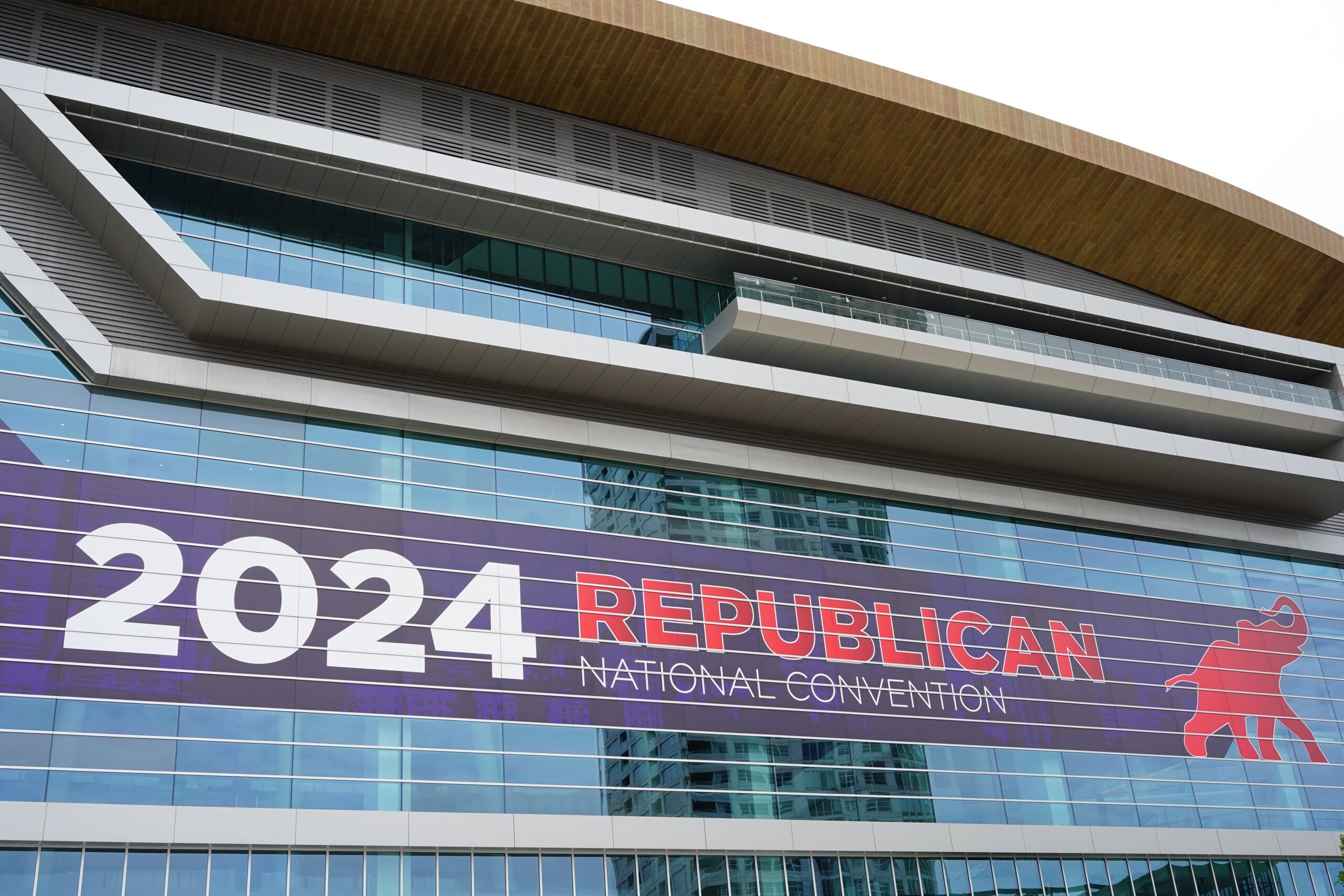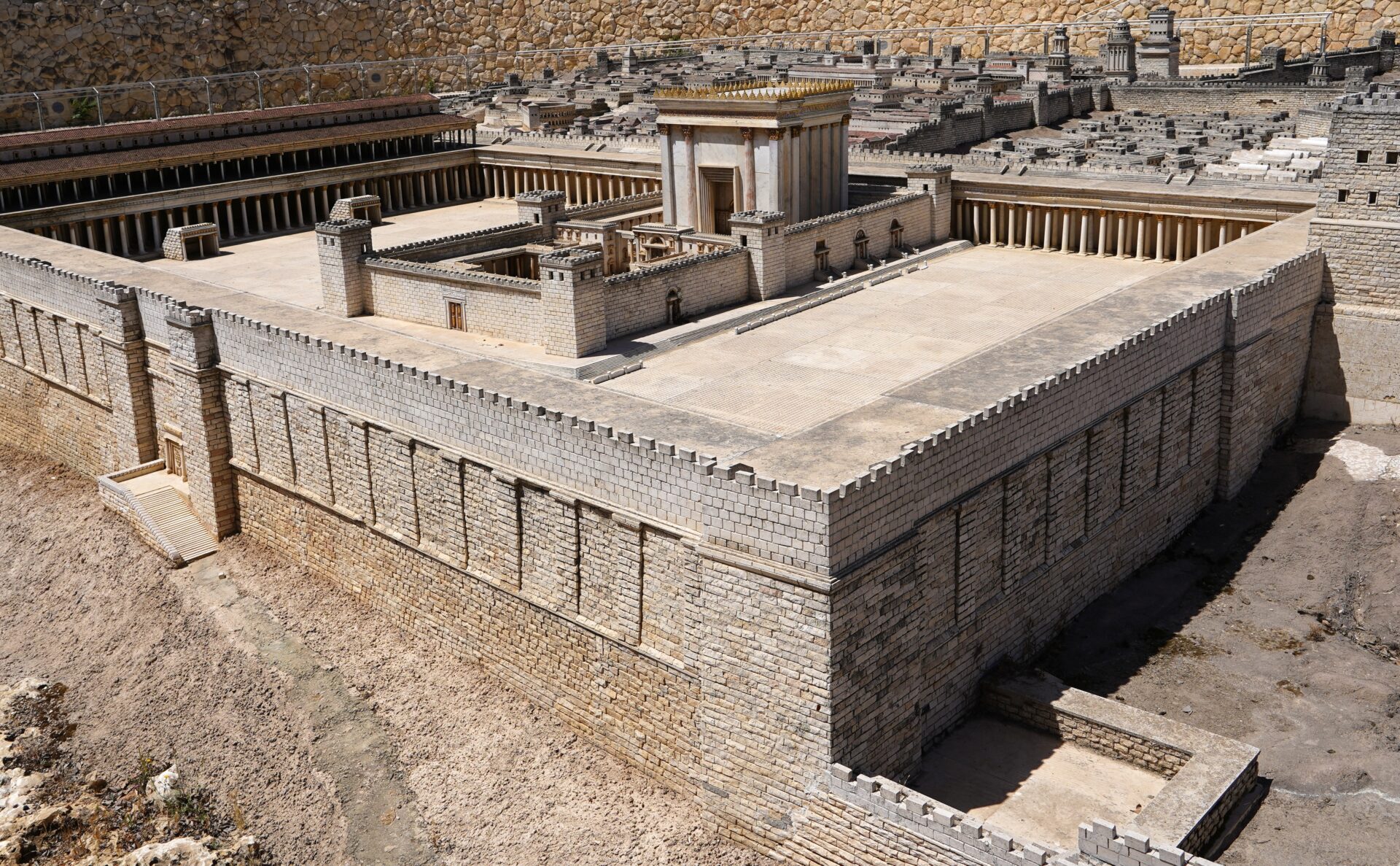Media bias and its ramifications on public perception highlight the complexities surrounding violence in South Africa and American political figures, creating a discourse of contrasting narratives.
At a Glance
- Trump’s associations with South African right-wing movements illuminate global far-right politics.
- The portrayal of violence against whites in South Africa varies significantly among media outlets.
- CNN’s reporting has faced criticism for how it represents Trump’s statements and related events.
- Joe Biden’s administration benefits from differing media portrayals, impacting public perceptions.
Trump’s Influence in South Africa
Donald Trump’s global impact extends to South Africa, where he has become a notable figure among right-wing Afrikaner groups opposing President Cyril Ramaphosa. Ernst Roets lauded Trump for spotlighting issues through showcasing controversial content like Julius Malema’s “Shoot the Boer” and stories of violence targeting whites. According to some South African voices, such as Solidarity’s Jaco Kleynhans, Trump deserved acclaim for raising awareness internationally about farm murders.
Criticism from local commentators, like columnist Pieter du Toit, points to exaggeration by these groups to sway American political opinions. These debates bring to light the dilemmas faced in separating factual narratives from exaggerated rhetoric.
Media Representation: A Double-Edged Sword
The depiction of violence in South Africa through Western media lenses offers an intriguing study in contrasts. CNN, notably, has been accused of undermining the severity of attacks against white farmers, instead labeling such claims as “unsubstantiated.” This position notably clashes with Trump’s assertions of “white genocide” in the region.
This portrayal contrasts markedly with contentions in conservative circles that advance a more alarmist view of the situation. The Supreme Court of South Africa’s decision categorizing the controversial song as political expression rather than an incitement adds complexity to the media narratives.
Media Impact on American Political Perceptions
In the American sphere, the media’s portrayal of political figures like Donald Trump and Joe Biden dramatically affects public perception. CNN has reportedly drawn comparisons between Trump and infamous dictators, allegedly skewing how audiences perceive his policies and achievements. Despite negative coverage, Trump’s dominance in the November 2024 elections reflects an electorate unfazed by certain unfavorable portrayals.
Conversely, publications highlight Joe Biden’s administration in a distinctly positive frame. Whether accentuating competence or resilience, such depictions stand in contrast to critical narratives like those found in “Original Sin,” underscoring diverse media strategies shaping political reality.






